Were you one of those people who nerd-ed out about how the COVID-19 virus spread?
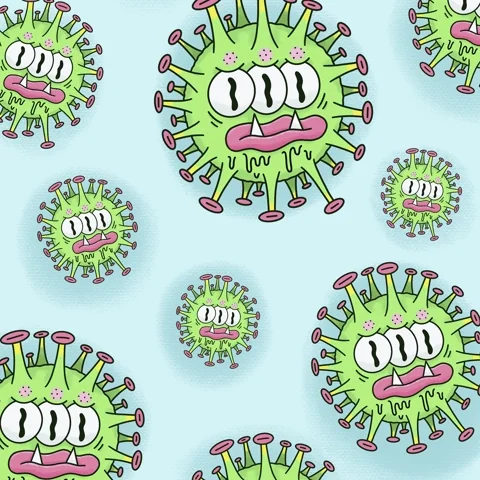
If you're interested in studying how diseases spread, you might have decided on a career as an epidemiologist.
Now, let's get into what it'll actually take to get there and discover how to become an epidemiologist.
Why Should You Do It?
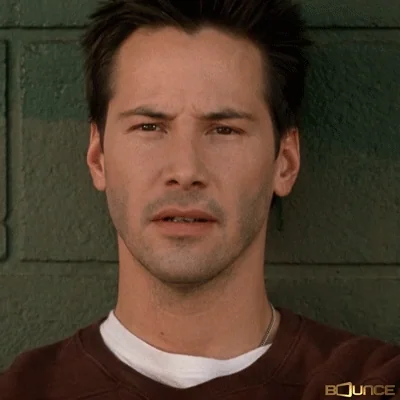
We need epidemiologists because they:
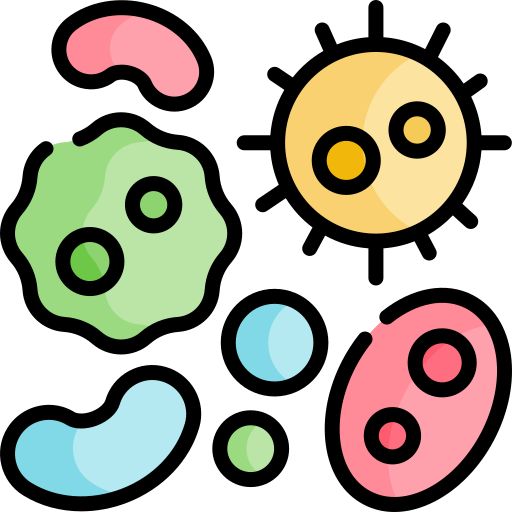
Study disease: They track the origins of diseases and their outbreaks. They run experiments and research to understand them.
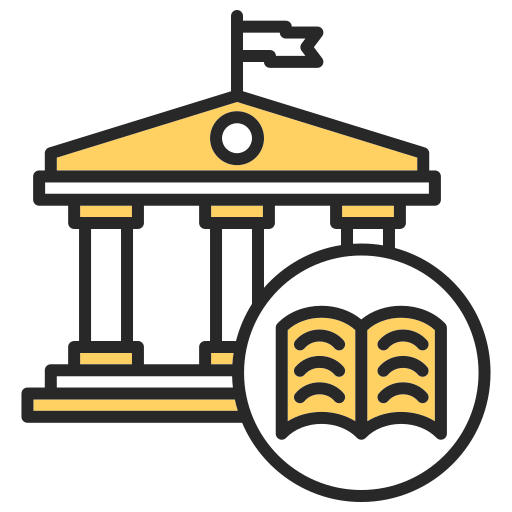
Work on prevention and public education: They develop guidelines and advise on precautions for public health threats.
What the Job Entails
Check out this interview with an epidemiologist. She describes her day-to-day work fighting against infectious diseases.
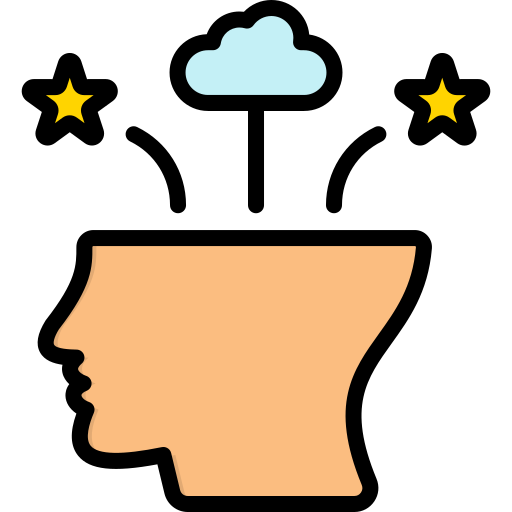 These other interviews might shed some more light on the field:
These other interviews might shed some more light on the field:
Interview with Dr. Gloria Coronado: Dr. Coronado tells us that she was surprised to find the job very interactive. "I have regular meetings with collaborators, give talks on a regular basis, and meet with community representatives."
Interview with Dr. Aritra Dasgupta: On making his first break, Dr. Dasgupta tells us that he did some freelancing work for the NGO INDIA Care, and how his work for that project was appreciated. That opportunity eventually turned into a paid permanent position.
Where You'll Work
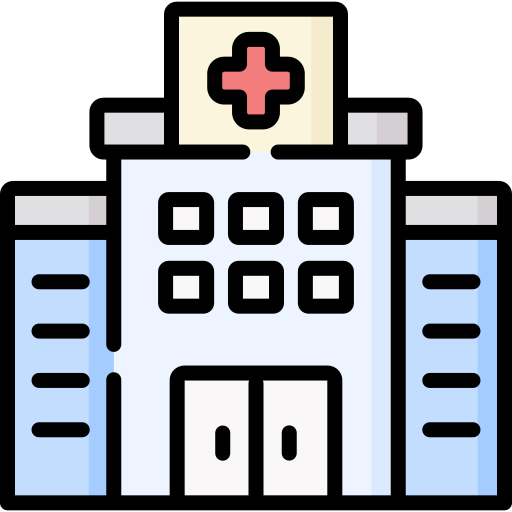

Typically, epidemiologists work for:
Centers for Disease Control and Prevention (CDC)
State and local health departments
Universities and colleges
Research centers
Hospitals and medical centers
NGOs
Pharmaceutical and biotechnology companies
Health insurance companies
The job typically requires a 9-to-5 schedule in an office or laboratory setting, although work in the field at irregular timetables might be necessary.
The Skills You Need

To succeed in the job you need more than formal qualifications. Here's a list of skills that will shape your work:
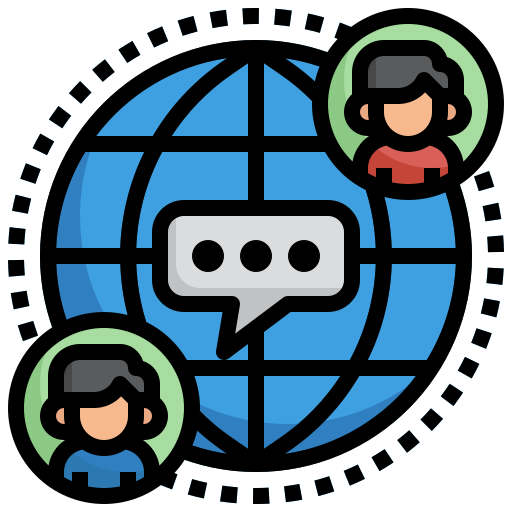
Communication: You must write and speak clearly to team members and especially community leaders.
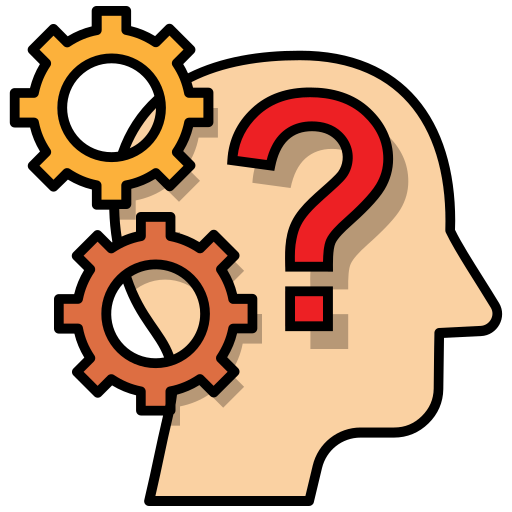
Critical thinking: You must analyze patterns in disease data, e.g. who is affected, where, and when.
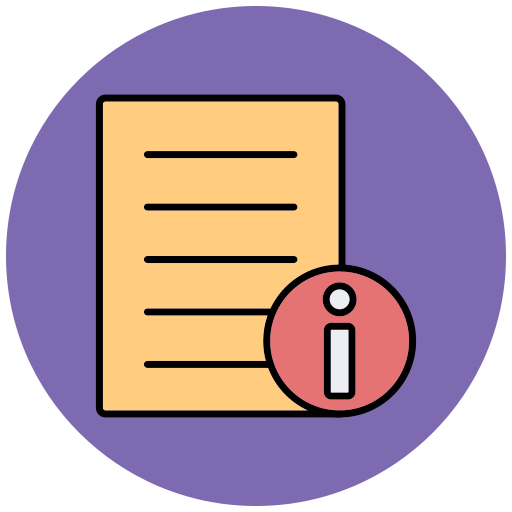
Attention to detail: You have to carefully review surveys, mathematical data, observation reports, and interviews paying attention to details.
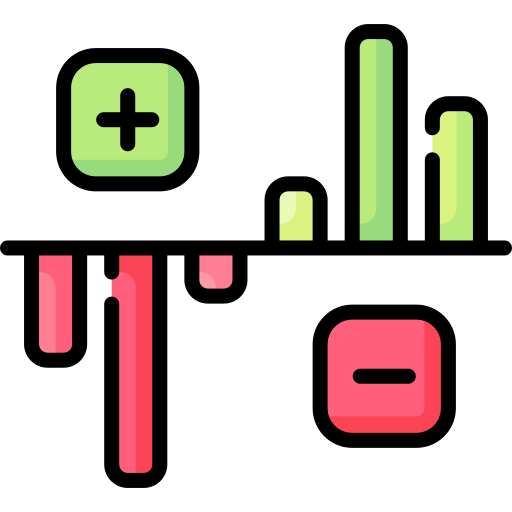
Math and statistics: You have to analyzelarge databases using statistical computer programs.
Let's Talk Qualifications

Most aspiring epidemiologists should consider:
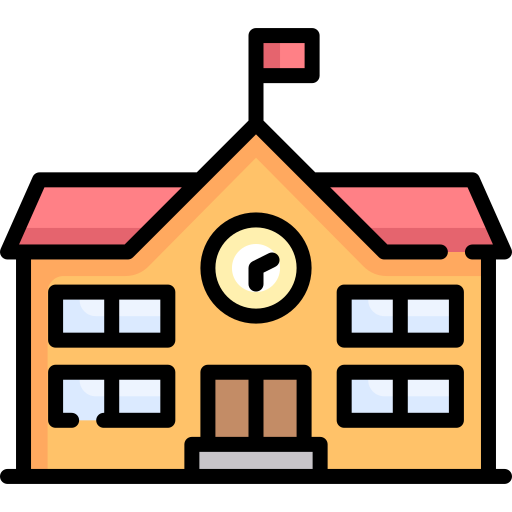
High school subjects like biology and life sciences, maths, statistics, and advanced writing classes. These will help you prepare for success when you begin university.

A bachelors' degree in public health, biostatistics, biology, or nutrition. Alternatively, a related degree in biological sciences or biomedical sciences would also do the trick!

Entry-level work or internships to gain hands-on experience. Many health and government-run facilities have open positions for recent graduates.

A master's degree, typically a master of public health, with coursework covering biostatistics, environmental health, health service delivery, public health policy, and chronic diseases.
Test Your Knowledge
Evaluate the profiles of the following candidates and decide who should pursue a career in epidemiology:

Paul loves doing group projects, where he can give effective presentations that allow him to use storytelling. He never participates in scavenger hunts organized by the school.
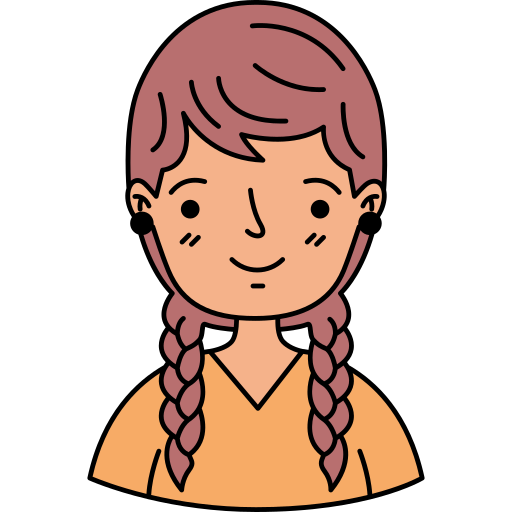
Susan enjoys drama and theater in school and has started to learn how to program with Scratch. She loves reading literature and doesn't like working in groups too much.
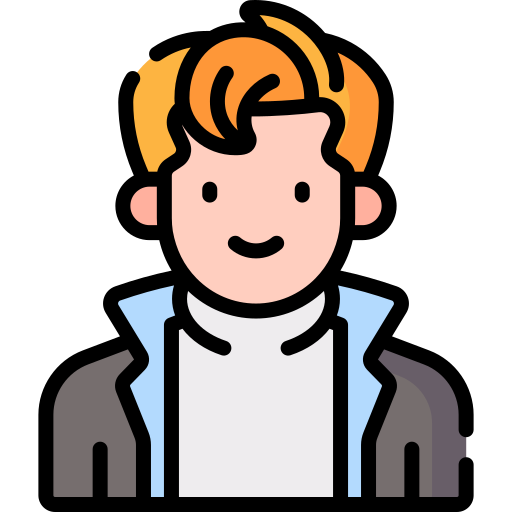
James is a very outspoken person. He enjoys participating in debates, collecting and analyzing data from lab experiments, and playing chess. He doesn't mind putting in extra hours to finish projects.

Mary is a volunteer for her local community center. She likes teaching children and supporting them with strategies to manage challenging emotions.
Quiz
Who should become an epidemiologist?
Take Action
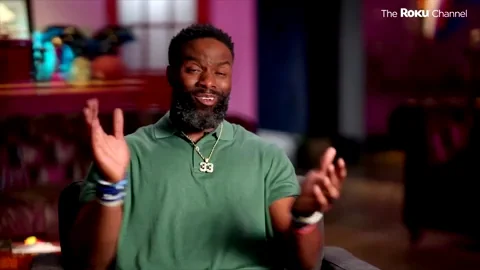
Your feedback matters to us.
This Byte helped me better understand the topic.
